Kinothek Asta Nielsen e.V. commissioned internationally renowned composer Maud Nelissen to write music for three performers to accompany the film SHOES (1916). Lois Weber, the most famous of the early American women directors, created a moving film about the social plight, longings and dreams of a "shop girl".
USA 1916 | Director, Script: Lois Weber | Camera: Stephen S. Norton, King D. Gray, Al Siegler | Cast: Mary MacLaren, Harry Griffith, Mattie Witting, Jessie Arnold, William Mong, Lina Basquette | Production: Lois Weber, Phillips Smalley, Bluebird Photoplays Inc. | b/w | DCP of 35mm, restored version | 57 min | silent | amer. INT + german SUB | EYE Filmmuseum Amsterdam
With SHOES Weber tackled one of the Progressive Era’s most pronounced social phenomena – the influx of young, single women into the paid labor force. Weber’s interest in the fate of underpaid retail clerks echoed many sociological studies of the era that investigated the “problem” of young female wage earners, often raising questions about desires unleashed by commercial recreation culture and the consumer economy, particularly in the context of urban communities where young women lived and worked, often outside the immediate supervision of their families. “Shopgirls,” such as the heroine in SHOES, were privileged in these studies, for their labor bridged the industrial and commercial spheres. […]. While reinforcing much of the cautionary tenor of reform tracts SHOES also allowed its targeted middle-class viewers (women in particular) access to the aspirations and longings of the “working girls” under scrutiny. Thus, rather than simply reflecting the preoccupations of current reformers, Shoes actually demonstrates cinema’s distinctive role in Progressive debates, its intertext producing a complex conversation about the role cinema might play in Progressive society.
The film focuses on Eva Meyer (Mary MacLaren), a five-and-dime store clerk whose meager five-dollar-a-week salary must support her mother and father, along with three younger sisters, supplemented only by the limited income her mother (Mae Witting) earns by taking in laundry. Her father (Harry Griffith) is unable, and the film suggests, unwilling, to find work to support his family, so his eldest daughter must shoulder their financial burden alone. Standing on her feet all day at the store, Eva quickly wears out the soles of her boots, and though she begs her mother for money to buy a new pair she has spotted in a display window, Mrs. Meyer cannot spare the extra money from an already-strained family budget. After catching cold walking in the rain with her deteriorating footwear, and again being refused money to purchase new shoes, Eva finally accepts an invitation from a persistent male flatterer who has pursued her at work, agreeing to meet him one evening at a cabaret. […]
[…] in SHOES, viewers are invited to share the psychological interiority of a working-class retail clerk, and at other moments they are asked to step beyond her personal experience to observe the wider social and economic arena in which she operates. With SHOES Weber is addressing viewers she believes can become active agents of change in Progressive society. (Shelly Stamp)
The Music
It's interesting to know that Lois Weber was a very well-trained professional concert pianist before she became a film director. Her past was reflected in her films; their characteristic timing and spatial construction are more musical than others of the time, and it seems almost natural to compose for them.
Despite such genuine musicality, there are problems to solve: the film is presented as a "drama" but at the same time has a strong documentary touch. This is connected with the question of how to portray poverty: as a viewer from the outside, or from the inside out? As I see it, Lois Weber went both ways at the same time. In the course of the film, she continually switches perspectives, sensitively and inventively. This switching became the starting point for my composition. Lois Weber describes it herself: "A slight rippling on the surface. Whatever happened, life must go on. Whatever boats are wrecked, the river does not stop flowing to the sea." – In the music, I try to create this slight rippling in all possible shapes and forms, the upper layer of a long musical river drifting towards its end. (Maud Nelissen)
The Composer
Maud Nelissen from the Netherlands is one of the most important international silent film pianists and composers. She has performed in Europe, the USA and Asia, and regularly plays at the festivals Il Cinema Ritrovato in Bologna and Le Giornate del Cinema Muto in Pordenone. Her collaboration with Kinothek Asta Nielsen began in 2002; her composition projects have been realised several times in cooperation with ZDF/arte, which also broadcast them. Nelissen is the founder of the silent film orchestra The Sprockets.
The Soloists
Maud Nelissen, composition and piano
Daphne Balvers, soprano and alto saxophone
Timora Rosler, Cello
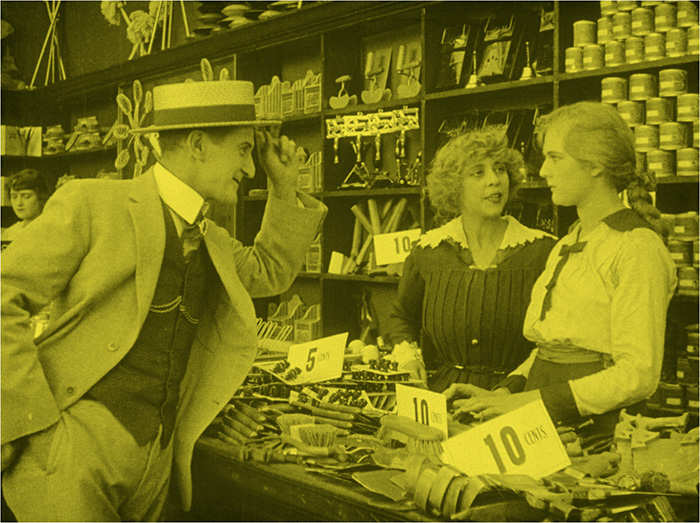
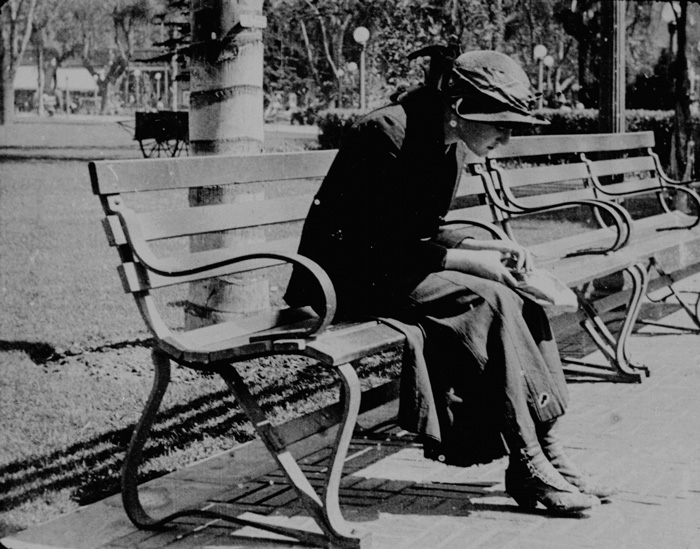
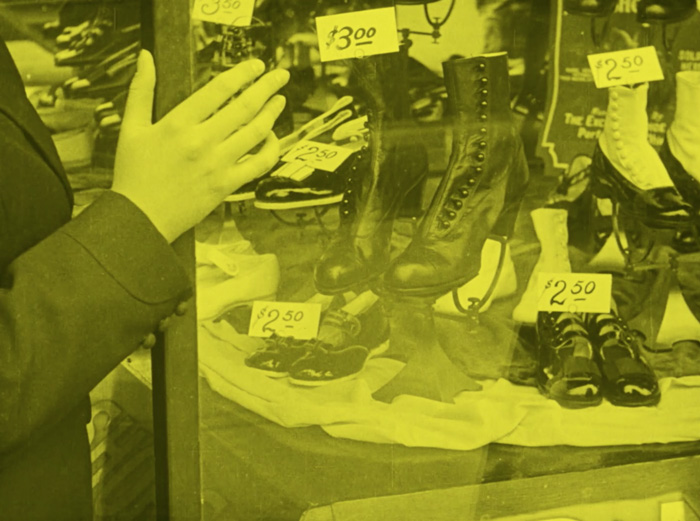
| Acronyms | |
|---|---|
| amer. | American English |
| b/w | Black and white |
| OV | Original version |
| SUB | Subtitles |
| +SUB | electronic live subtitling (below the image) |
| INT | Intertitles |
| Countries | |
|---|---|
| AT | Austria |
| FRG | Federal Republic of Germany (historic) |
| BLR | Belarus |
| DE | Germany |
| CAN | Canada |
| GDR | German Democratic Republic (historic) |
| EGY | Egypt |
| FR | France |
| GB | Great Britain |
| URY | Uruguay |
| BRA | Brasil |
| SWE | Sweden |
| UKR | Ukraine |
| PL | Poland |
| IDN | Indonesia |
| PRT | Portugal |
| HRV | Croatia |
| ECU | Ecuador |
| HUN | Hungary |
| AUS | Australia |
| IT | Italy |
| MEX | Mexico |
| IND | India |
Eva Rieger, professor of musicology and board member of the Bareva Foundation
Elif Rongen-Kaynakçi, head of early cinema collections, Eye Filmmuseum Amsterdam
Nelissen is a Dutch composer and pianist with a special interest in music for silent film. She worked in Italy with Charlie Chaplin's last music arranger, Eric James. She is now a much sought-after silent film pianist and composer at festivals in Europe, the USA and Asia.
Maud established her own silent film music ensemble, The Sprockets, and has performed with them as well as other ensembles at home and abroad. Maud Nelissen has collaborated with Kinothek Asta Nielsen many times in the past; for Remake 2021 and 2019 she composed the music for SHOES (1916, Lois Weber) and HINDLE WAKES (1927, Maurice Elvey). The composition for NORRTULLSLIGAN was also commissioned by the Kinothek.

Balvers studied saxophone at the Amsterdam Academy of Music . She is a member of the Amsterdam Saxophone Quartet and has worked in that city with internationally renowned musicians. She is also a member of Maud Nelissen's film music orchestra The Sprockets and teaches saxophone at the music school in Amersfoort.
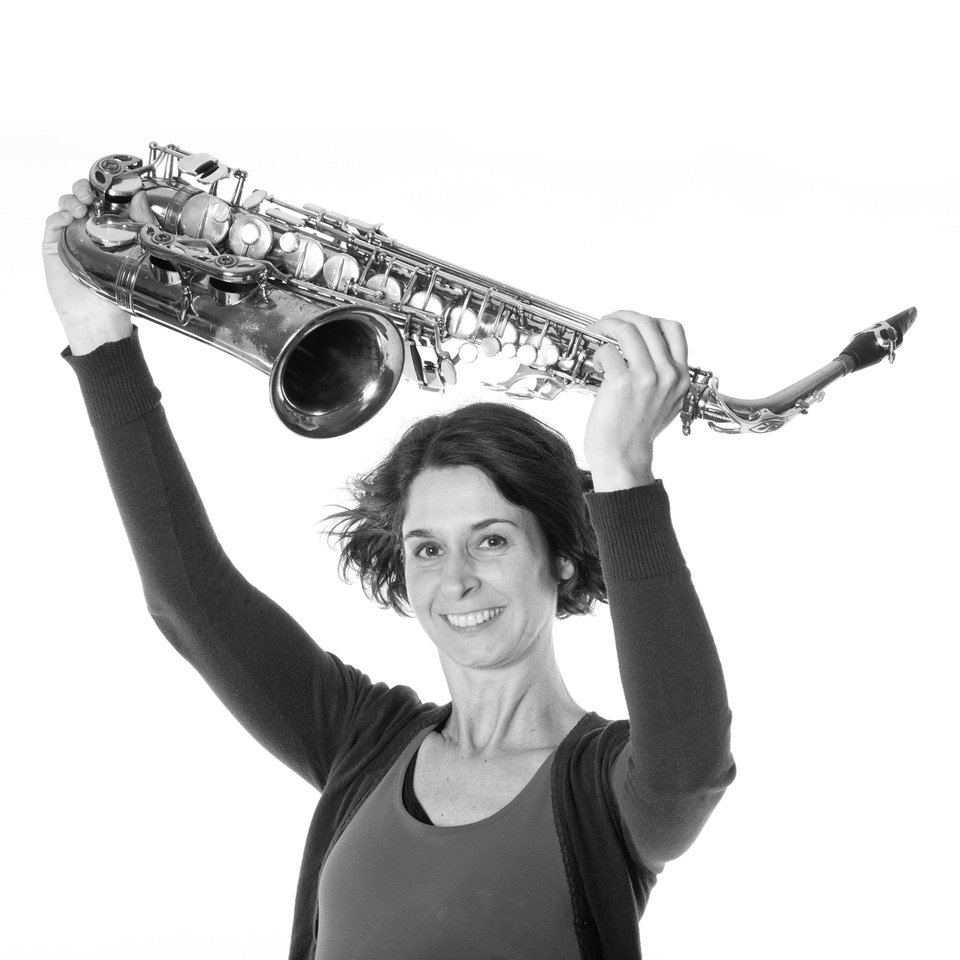
Eva Rieger, born 1940, was professor of the social history of music at the University of Bremen. She wrote the book Alfred Hitchcock und die Musik. Eine Untersuchung zum Verhältnis von Film, Musik und Geschlecht (Bielefeld 1996) and has published on the influence of Richard Wagner on numerous film music composers. 2022 will see the publication of Isolde – Richard Wagners Tochter. Eine unversöhnliche Familiengeschichte bei Insel. She lives in Liechtenstein.
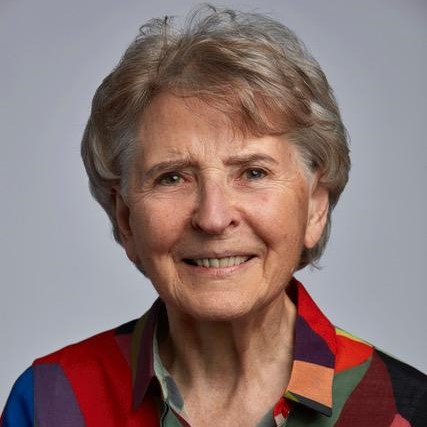
Elif Rongen-Kaynakçi is the Curator of Silent film at Eye Filmmuseum. Born in Istanbul, graduated from the Univ. of Amsterdam Film & TV Studies in 1997, she is employed at the Eye Filmmuseum since 1999. Next to being responsible for the internationally renowned Desmet Collection, she has worked on the discovery, restoration and presentation of many presumed lost films, with a particular focus on the oeuvre of forgotten actresses such as Rosa Porten, Sarah Duhamel, Tsuru Aoki, and many other unnamed comediennes. Elif served two terms as an executive committee member of the Women and Film History International and co-organized the Women and the Silent Screen 2019 Conference at Eye. She is also one of the curators of Early Cinema’s Nasty Women; a DVD box set featuring 99 silent films, released in December 2022.







